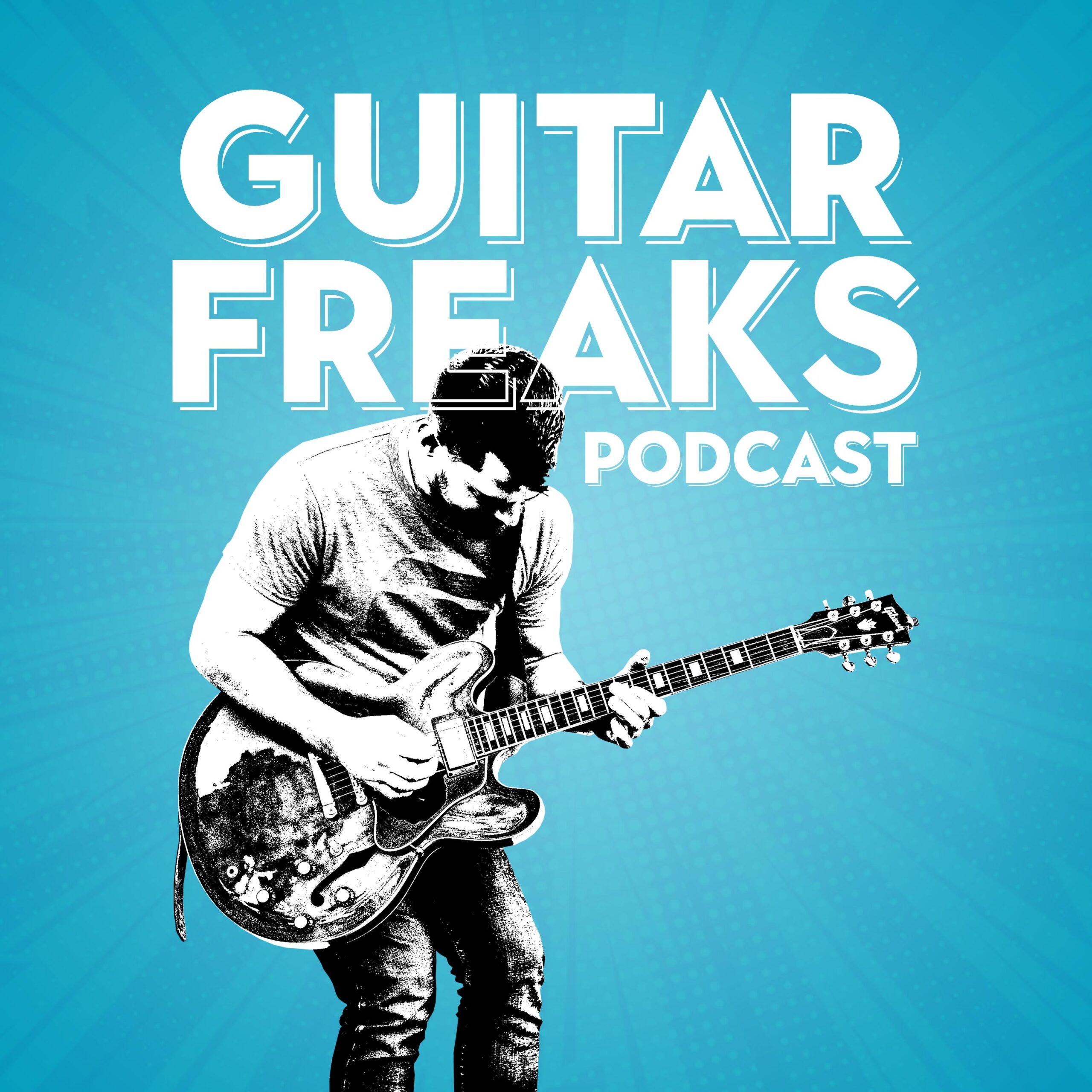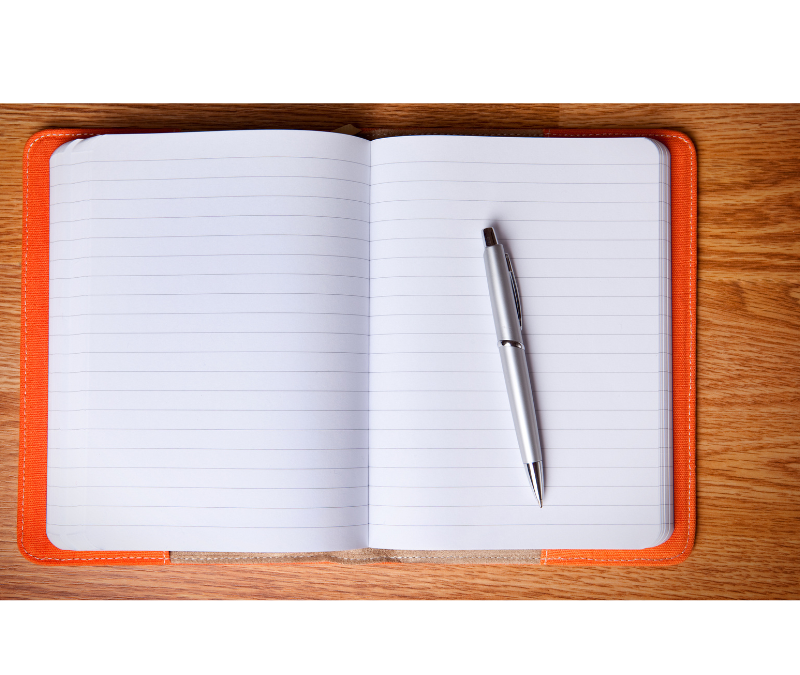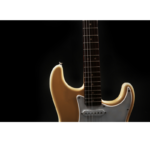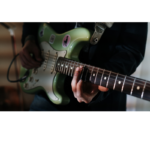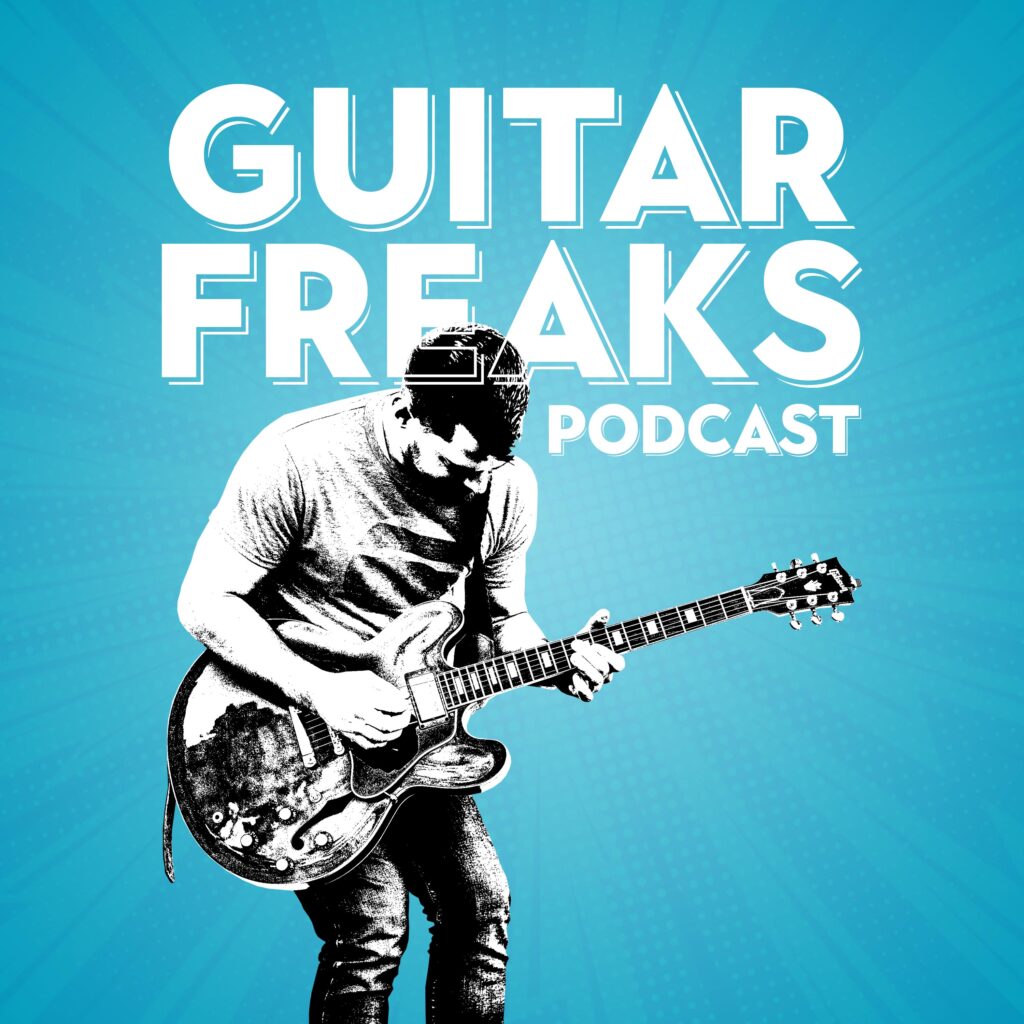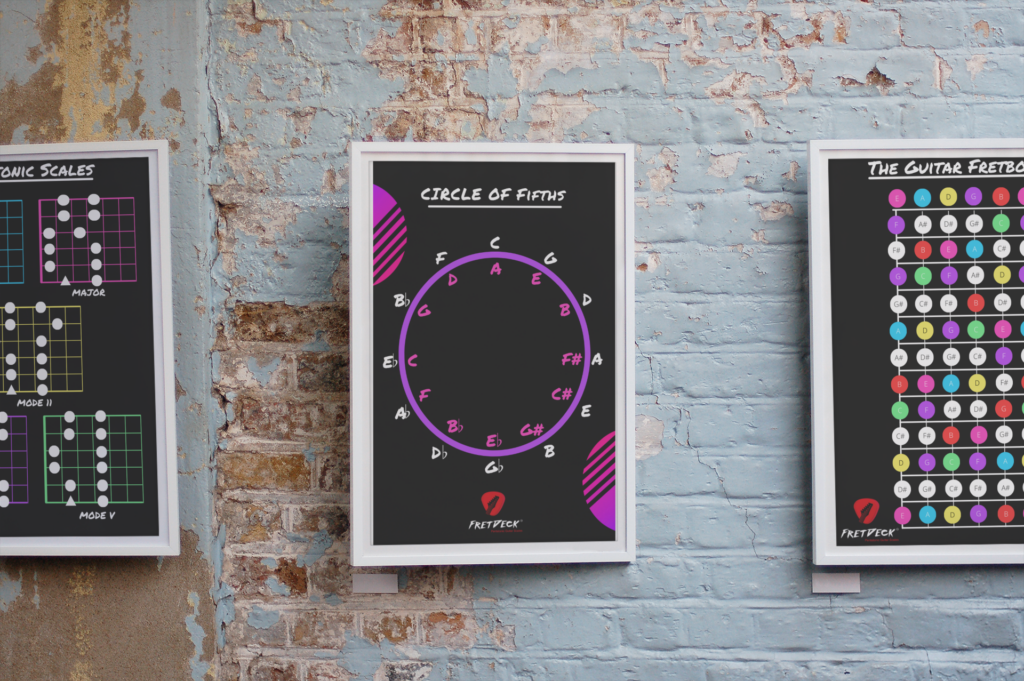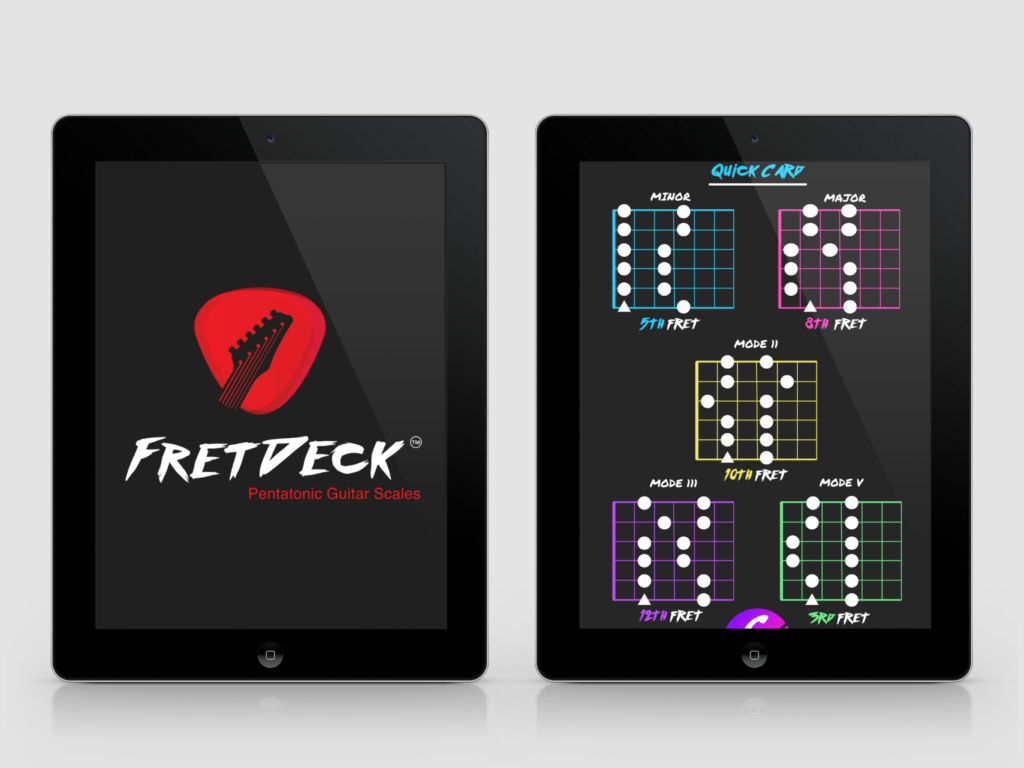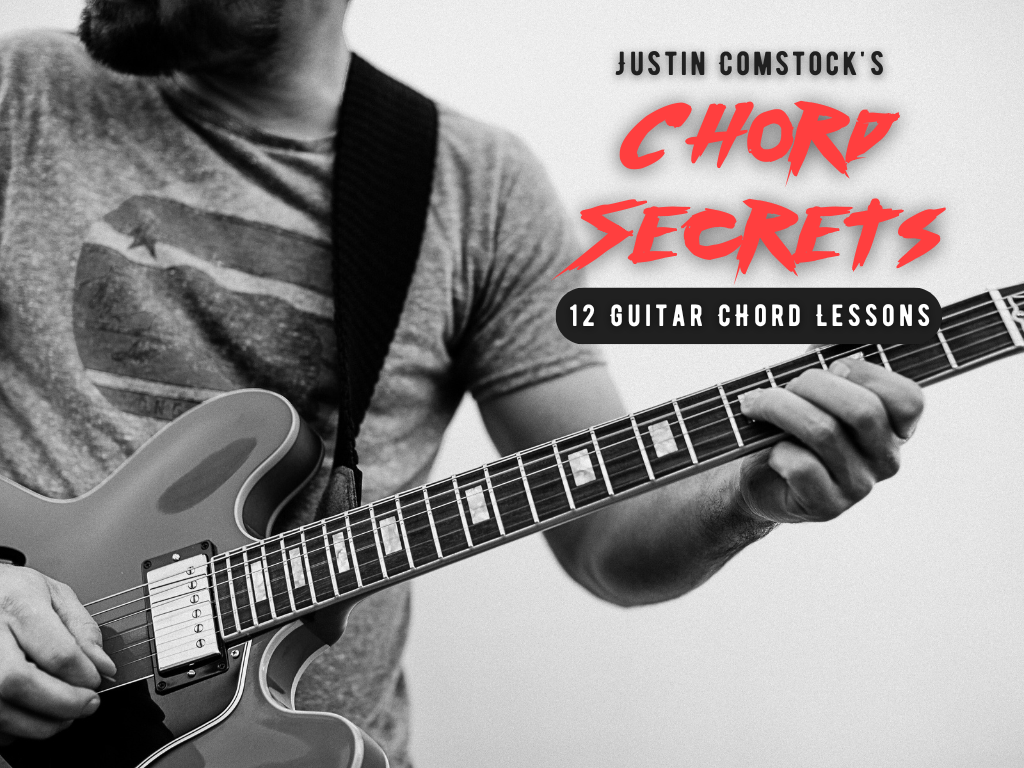Practicing guitar is one of those topics every player wrestles with. Whether you’ve been at it for three weeks or three decades, the question keeps coming up: how should I actually practice guitar?
It’s a simple question, but the answers you’ll find online often overcomplicate things. Some folks will tell you to practice four hours a day. Others say you should master music theory first. Some just shrug and say, “Just play songs you like.”
None of that really helps.
When I think about how to practice guitar, I don’t think of grinding scales until my fingers are sore or sight-reading out of dusty method books. I think of Adam Levy’s approach—the way he treats practice as exploration, play, and discovery. Not homework. Not drudgery.
The truth? Most guitarists practice the wrong way. They noodle the same licks, repeat the same patterns, and stay stuck in the same musical ruts. Real improvement doesn’t come from doing more of the same—it comes from intentional practice.
This article will give you a fresh framework for guitar practice. By the end, you’ll know how to structure your time, what to focus on, and how to make practice something you actually look forward to.
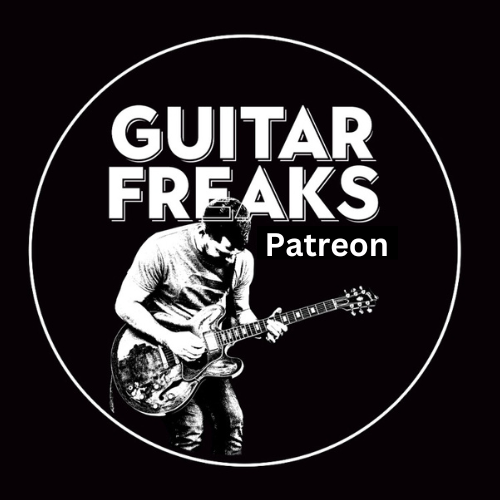
🎸 Join the Guitar Freaks Patreon!
Get SoloCraft™ E-Book & FretDeck™ FREE!
Join Guitar Freaks on Patreon and instantly unlock my full e-book SoloCraft & FretDeck™ Guitar Scales—your step-by-step guide to fretboard mastery and crafting soulful solos.
New video lesson drops every Friday so you’ve always got a fresh, focused practice plan for the week.
👉 Don’t miss out—join now and grab your free copy!
Why Practicing Guitar Matters More Than Talent
Let’s start with the myth that talent is everything. Sure, some players have natural ears, nimble fingers, or an uncanny sense of rhythm. But none of that matters if they don’t practice.
Think of the legends. B.B. King didn’t become “The King of the Blues” by casually picking up Lucille once in a while. He lived inside his guitar. Wes Montgomery practiced until his thumb became his pick. Eddie Van Halen spent entire nights rewiring his guitar and then testing it out until dawn.
Talent is your starting line. Practice is how you win the race.
So, let’s get practical.
Step 1: Break Practice Into Bite-Sized Sessions
The biggest mistake guitarists make? Thinking they need to practice for hours. Unless you’re training for conservatory auditions, long practice sessions usually lead to fatigue and burnout.
Instead, think in 10- to 20-minute bursts. Focus on one specific element in each burst:
- One session for scales.
- One session for chord changes.
- One session for phrasing or improvisation.
The beauty is that shorter sessions fit into your day more naturally. Practice in the morning before work. During a lunch break. While your kids do homework. Consistency beats marathon practice every time.
Step 2: Always Connect Scales to Music
Too many players memorize scales as patterns without ever making music with them. That’s why scales feel “boring” to most beginners.
Here’s the key: every time you practice a scale, connect it to a real song or chord progression.
If you’re practicing the minor pentatonic scale, play it over a 12-bar blues. If you’re learning the major scale, sing a melody that uses it while you play. This way, you don’t just memorize the what—you practice the why.
And when you do this enough, something magical happens. Scales stop feeling like theory, and they start sounding like music.
Step 3: Record Yourself (Even If It’s Cringey)
Nobody loves hearing themselves on playback at first. But recording your practice is one of the fastest ways to improve.
Why? Because the playback doesn’t lie.
- That chord you thought was clean? You’ll hear the buzzing string.
- That lick you thought was on the beat? You’ll hear how it drags.
- That phrase you thought was expressive? You’ll hear how flat it sounds.
Recording turns practice into a mirror. And when you start comparing this week’s recordings to last month’s, you’ll actually see your progress.
Step 4: Rotate Your Focus
If you’ve ever felt stuck in your playing, it’s probably because you’re over-focused on one thing. Maybe you’ve been running the same pentatonic scale for six months. Or strumming the same open chords.
Here’s a better way: rotate what you practice.
- Day 1: Scales & fretboard visualization.
- Day 2: Chords & rhythm.
- Day 3: Ear training & phrasing.
- Day 4: Improvisation & creativity.
This variety prevents boredom, and it develops you into a well-rounded player.
Step 5: End Every Session With Play
Practice can’t just be about drills. If it feels like homework, you won’t stick with it. That’s why you should end every practice session with play.
Jam. Improvise. Play your favorite riff. Put on a backing track and let loose.
This isn’t just fun—it’s essential. Ending with play sends your brain the message: This is why I practice.
The Hidden Skill: Practicing Mindfully
Here’s the skill nobody talks about: mindfulness in practice.
It’s not about what you practice—it’s about how you pay attention.
Mindless repetition won’t make you better. Mindful repetition will. Every time you pick up your guitar, ask yourself:
- What am I trying to improve right now?
- How does this sound compared to yesterday?
- Am I practicing slowly enough to learn the details?
When you practice with awareness, you learn faster.
The Problem With Going It Alone
Here’s where most guitarists stumble. They try to practice alone, with no structure, no prompts, and no accountability.
They get excited for a week. Then life gets busy. They miss a day. Then two. Then they’re back to picking up the guitar once a month, wondering why their fingers feel stiff.
Sound familiar?
That’s exactly why I created the Guitar Freaks Patreon community.
How To Practice Guitar With The Patreon Advantage
Look, you can keep going alone. You can keep bouncing between YouTube videos, random tabs, and practice plans that never stick.
Or you can join a system that works.
Inside Patreon – Guitar Freaks Hangout, you’ll get:
- Weekly practice prompts so you never sit down wondering, “What should I play today?”
- Exclusive video lessons that show you how to apply scales, licks, and phrasing in real music.
- Direct Q&A & feedback to fix your mistakes before they become habits.
- Digital FretDeck tools to help you finally master the fretboard.
- Community accountability so you stay consistent.
This isn’t about information overload. It’s about getting the right prompts, in the right order, so you actually improve.
👉 Click here to join today: Patreon – Guitar Freaks Hangout
Because here’s the reality: if you don’t change your practice habits now, a year from today you’ll be in the exact same place. Same licks. Same ruts. Same frustration.
Don’t let that happen.

🎸 Join the Guitar Freaks Patreon!
Get SoloCraft™ E-Book & FretDeck™ FREE!
Join Guitar Freaks on Patreon and instantly unlock my full e-book SoloCraft & FretDeck™ Guitar Scales—your step-by-step guide to fretboard mastery and crafting soulful solos.
New video lesson drops every Friday so you’ve always got a fresh, focused practice plan for the week.
👉 Don’t miss out—join now and grab your free copy!
How to Practice Guitar (Daily Blueprint)
Here’s a daily structure you can steal right now:
- Warm Up (5 minutes)
- Finger exercises, basic picking drills, or slow scales.
- Focus Area #1 (10 minutes)
- Scales, chords, or phrasing.
- Focus Area #2 (10 minutes)
- Rhythm, ear training, or improvisation.
- Record & Review (5 minutes)
- Play something, record it, and listen back.
- Play for Fun (10 minutes)
- Jam, write, or play your favorite song.
That’s just 40 minutes total. If you only have 20 minutes? Cut it in half. The framework still works.
Stories From Students On How To Practice Guitar
Darren, one of my students, used to complain he couldn’t remember the scales he practiced. He felt lost on the fretboard. Once he started using short, focused practice sessions—and plugged into backing tracks—everything changed.
Jennifer, another student, always said she “wasn’t musical.” But after three months of recording her practice, she could actually hear her phrasing improve. That gave her confidence to start improvising with others.
Practice doesn’t just change your technique—it changes how you see yourself as a musician.
The Bottom Line
The secret of how to practice guitar is simple:
- Keep it short.
- Keep it mindful.
- Keep it musical.
- Keep it consistent.
You don’t need four hours a day. You don’t need every book on music theory. You just need the right framework—and the discipline to show up.
And if you want accountability, weekly prompts, and a community that pushes you forward, you’ll find it inside Patreon.
👉 Join here: Patreon – Guitar Freaks Hangout
